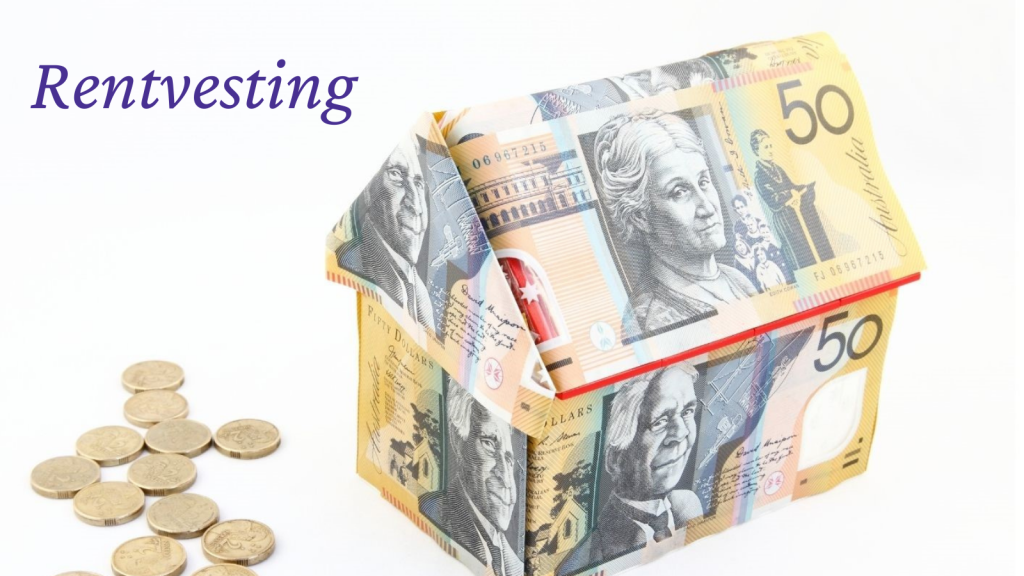
Rentvesting is a great opportunity to enter the property market.
So what is it?
Rent-vesting is when you rent where you live, however you own an investment property that you rent out to someone else.
Let’s say, you want to live in a three-bedroom home in Sydney’s Northern Beaches however the price to purchase this property is out of your current budget. Rentvesting would mean that you rent and live in the 3 bedroom home that you really want and buy a property that you can afford. You will then rent out the property that you purchased to help meet your obligations, and when the time is right sell for a capital gain.
This strategy can help you have the lifestyle you desire, while at the same time building an investment property portfolio for the future.
Pros
Enter the property market sooner. Rentvesting allows you to get into the property market sooner with a smaller deposit.
Someone else pays the mortgage. Your tenant will be paying the rent which can cover your mortgage repayments and you might be able to get something extra for covering your rent.
You get to live where you want You can live in your dream home now and you don’t have to worry about taking on the long-term commitment of a big mortgage.
Build wealth. Rentvesting allows you to start building your investment property portfolio, which can be used to generate wealth for you and your family in the future.
Low maintenance cost at your rented home. As a tenant, you won’t be responsible for any maintenance costs.
Flexibility. When you’re renting, you can upgrade or downgrade to a different home if your circumstances change.
Potential Tax benefits. You may be able to claim interest payments on your investment property loan as a tax deduction.
Cons
Not owing where you live. You may have to move if the owner wants to vacate the property or change tenants, make the property available for inspections, rent could go up and so on.
Ongoing home ownership costs. As a landlord, you will be responsible for the cost and management of repairs of the investment property.
You can lose access to first homeowner grants If you are a first home buyer, then buying an investment property could see you lose access to the First Homeowner Grants, which has the requirement that you do not own any residential property. These grants are between $6,000 and $25,000
Like everything in life there is always reasons for and against a decision, so you’ll need to consider your own financial circumstances before deciding which option is right for you.
We are always happy to help you explore what works best for your current situation and future goals, so don’t hesitate to reach out!
[gravityform id=”6″ title=”true” description=”true”]


